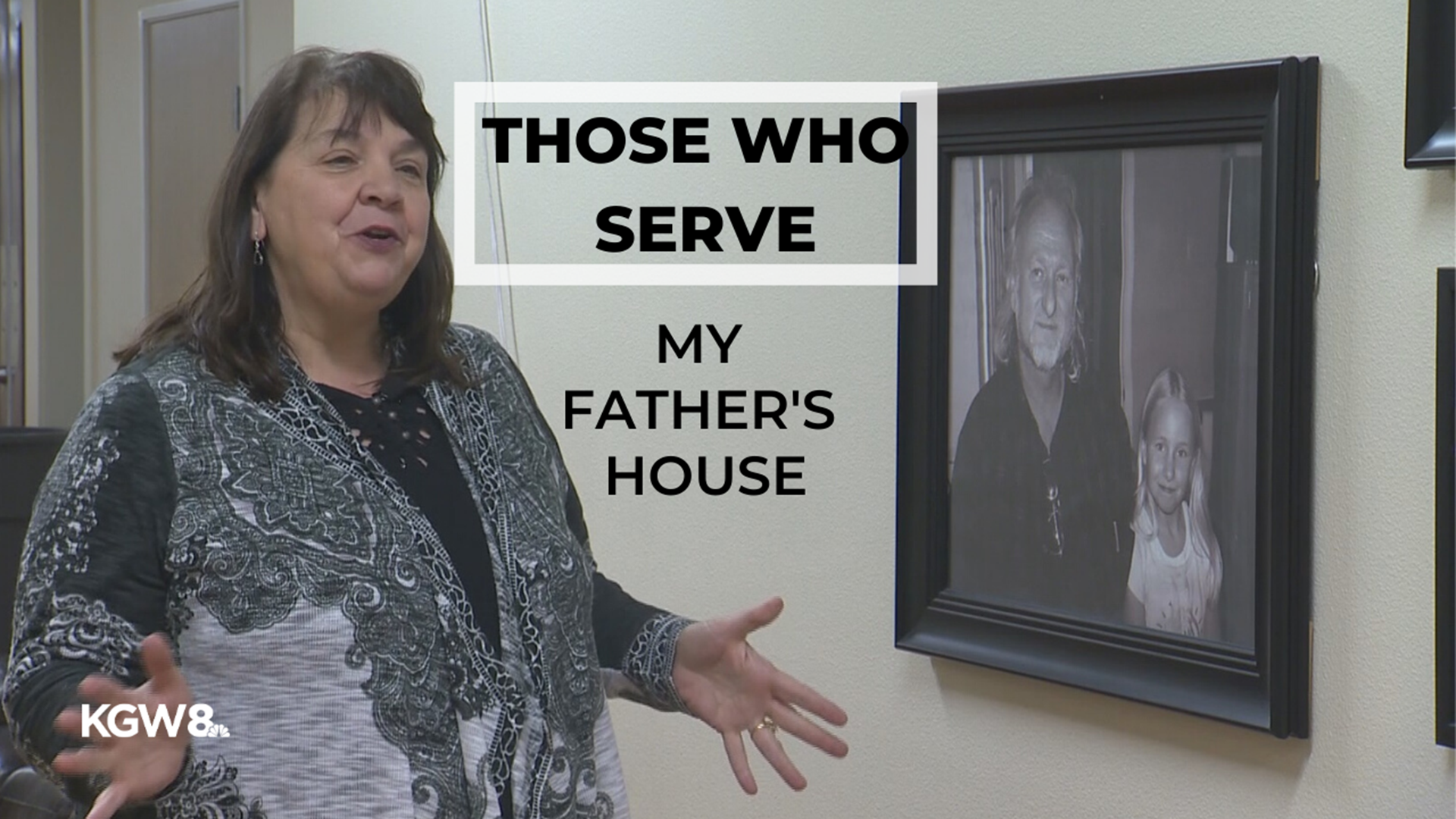Those Who Serve: My Father's House
A woman who was once afraid of homeless people now embraces them as people and family. Her shelter in Gresham has moved 1,800 families into stable housing.
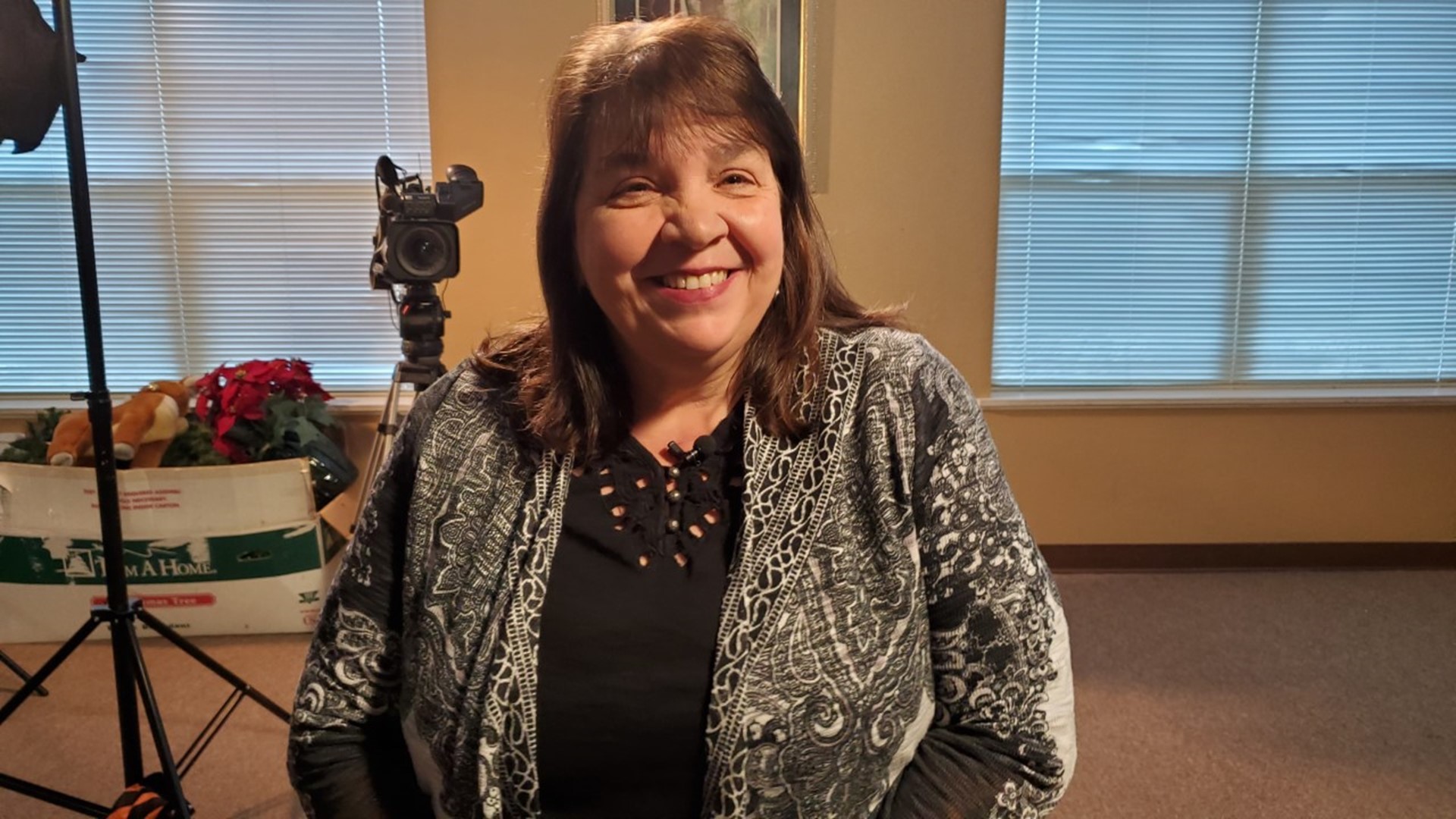
In Gresham, a shelter that helps homeless families is about to celebrate its 20th anniversary. It’s a remarkable accomplishment led by a passionate founder.
In the beginning, Cathe Wiese reacted to homeless people with fear.
“I think I was like most people – I was a little bit afraid of homeless people. Didn’t know what to expect. Didn’t know if it was all mental illness and drugs and alcohol,” she said.
Over the years she learned to love those living on the streets. She also built a program that moved 1,800 homeless families out of homelessness and into stable housing.

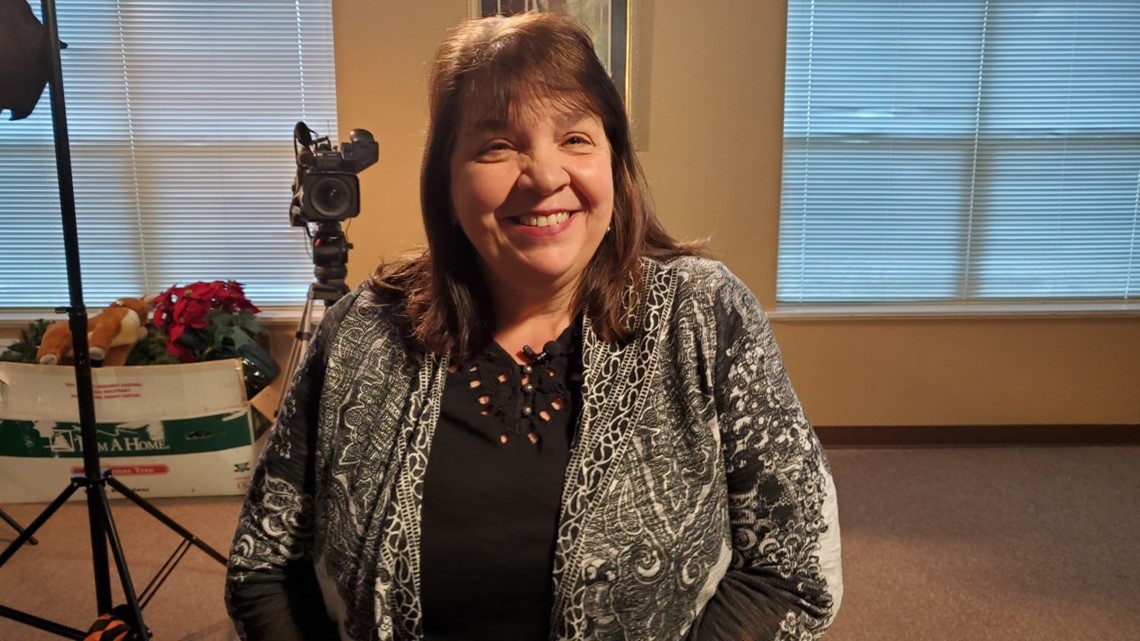
A desire to serve
Wiese grew up in The Dalles.
Her mother created a strict household with Christian values. Her father died when she was 10.
“She wanted me to have that love of people. And that desire to serve. So, there you have it. I think that’s maybe where the desire came to serve. I knew from a very young age that I was supposed to do that,” she said.

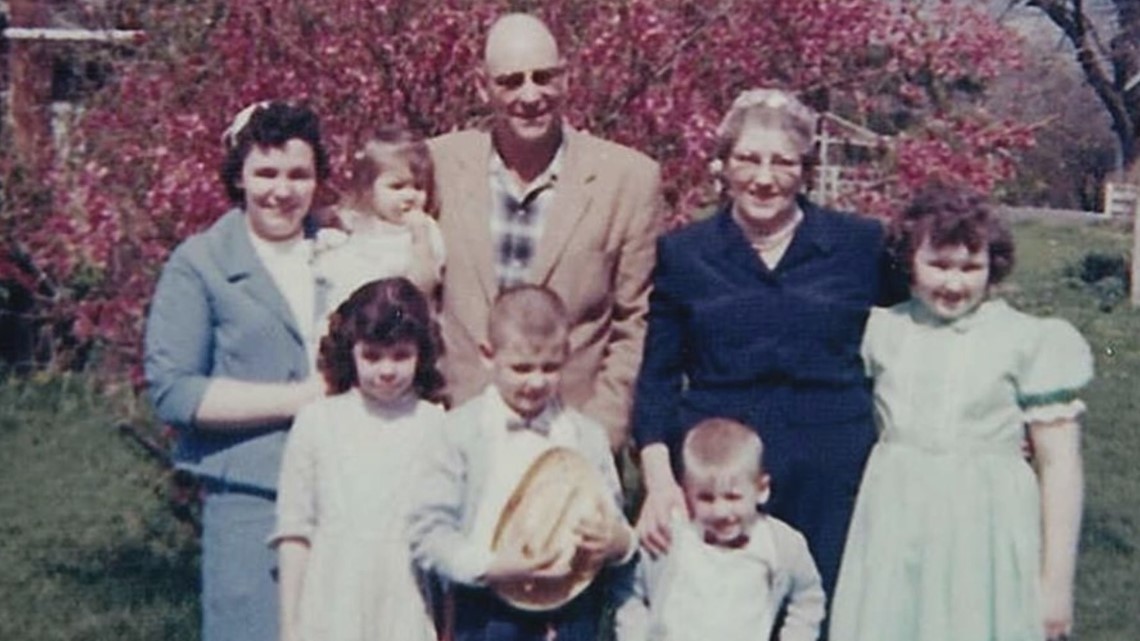
Wiese moved to the big city to attend Portland Bible College, and eventually landed at East Hill Church in Gresham as a children’s pastor. Her Christian identity runs deep.
"I tell my staff I love Jesus, but I cuss a little. And it’s really true,” she said.
In the late 1990s she and a coworker, Ray Morris, felt called to create a shelter for homeless families and started knocking on doors to raise money. It went nowhere.
“We would say, 'Hey, this is what we want to do.' We didn’t have a name, didn’t have a dime and they’d go, 'Oh yeah. Good luck with that,'” she remembered.
But then a big donation came in: $250,000.
“And I looked at that and thought I am so glad I’m sitting down!” Wiese recalled.
It allowed them to buy a duplex in 2000. Within the first week, five families moved in. Wiese began creating rules and structure that would help re-build lives.
She also started planning her next move. It took four years but she raised nearly $4 million and built the current My Father’s House buildings with cash, no loans and debt free.

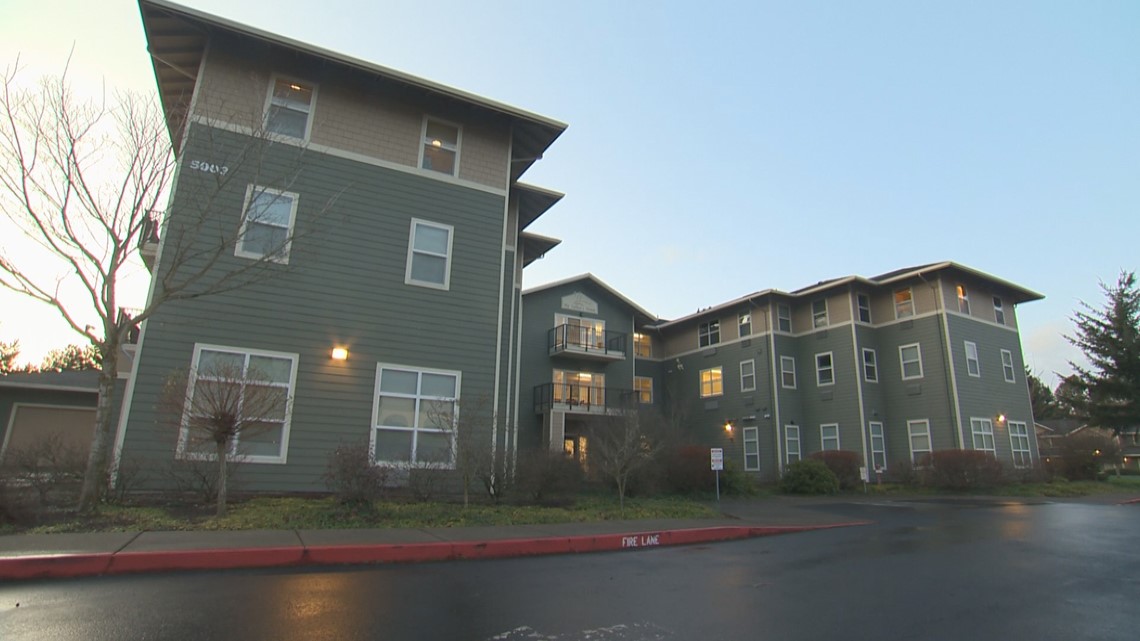
Along the way Ray Morris stepped aside, leaving Wiese to run the shelter. Now, she could help many more families, including Cynthia Moore, who lived in the shelter three years ago.
“I loved this room. This was for the families that was up on this floor…” she said, showing a large gathering area with a TV and windows and couches.
A success story
Moore lost her job, got evicted from an apartment and ended up homeless. She arrived at My Father’s House with her seventh-grade daughter, desperate as anyone.
“This was my room. 307. Trust,” she said reading the sign above door 307.

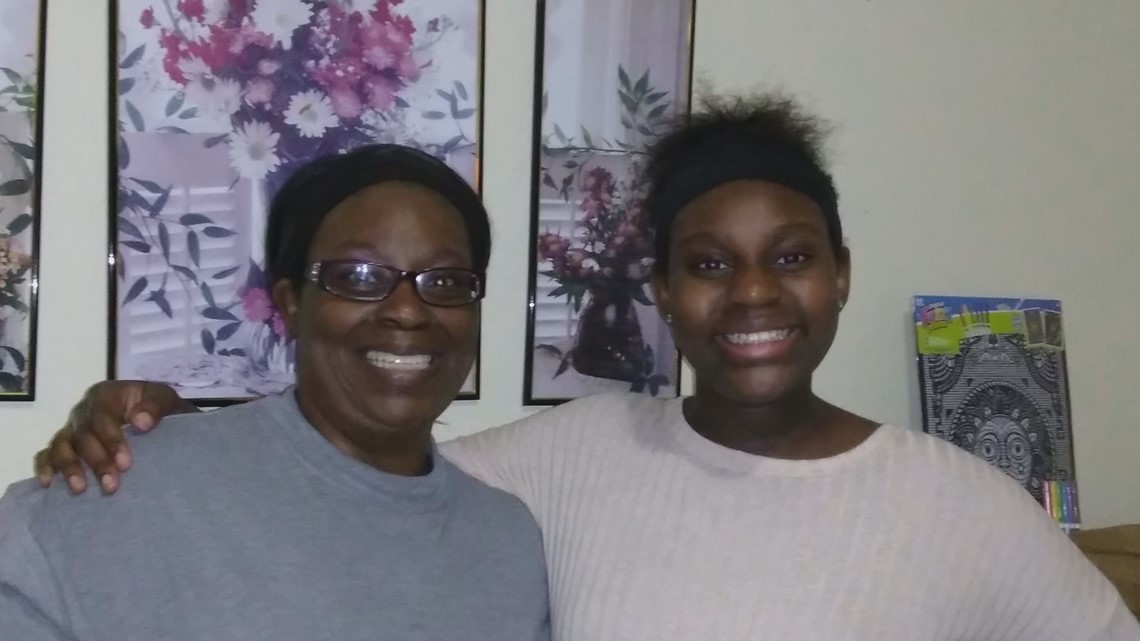
Each room has a word like that. It’s part of the shelter’s attempt to change lives.
Each room has a small kitchen, private bathroom and main room which doubles as a bedroom.
All residents are required to get jobs and attend classes in the shelter on topics ranging from self-improvement to smart money habits, cooking, spirituality and more. Residents must keep a curfew, and stay clean and sober. There are daily chores and room inspections are done to make sure rules are followed.
“We don’t tell people what to do. But we try to lead them into the thought process of what are your choices and what are the consequences of those choices,” said Wiese.
It worked for Moore who now has her own apartment in Vancouver. She doesn't think she'll ever be on the street again "because I've learned a lot," Moore said.
Six months of structure
Not everyone is as successful. About 25% don’t make it and leave the shelter. Wiese said she’s come to accept that not everyone is ready for My Father’s House.
“I’m proud to call them my family. Every one of them. Even the ones that don’t make it,” she said.
“Even the ones that leave here screaming and yelling that I’m horrible because they can’t do their drugs here. It's OK. It’s not for everybody,” Wiese said.
The shelter is three stories tall, holds 28 families, which is up to about 120 people. Wiese lived there the first nine years to make sure everything ran smoothly.
It's free. The $600,000 yearly budget for the shelter is covered by donations and fundraising. Families can stay six months as long as they take part in the structured programs offered at the shelter. If they need more time, they can apply for apartments next door which cost $500 a month. And the families get to shop at a small store on site.
“You make an appointment to come in shopping. It's all free in here. They get to shop twice a month,” said Wiese.
“We have limits so there’s no hoarding going on. We don’t want anyone to hoard,” she said.

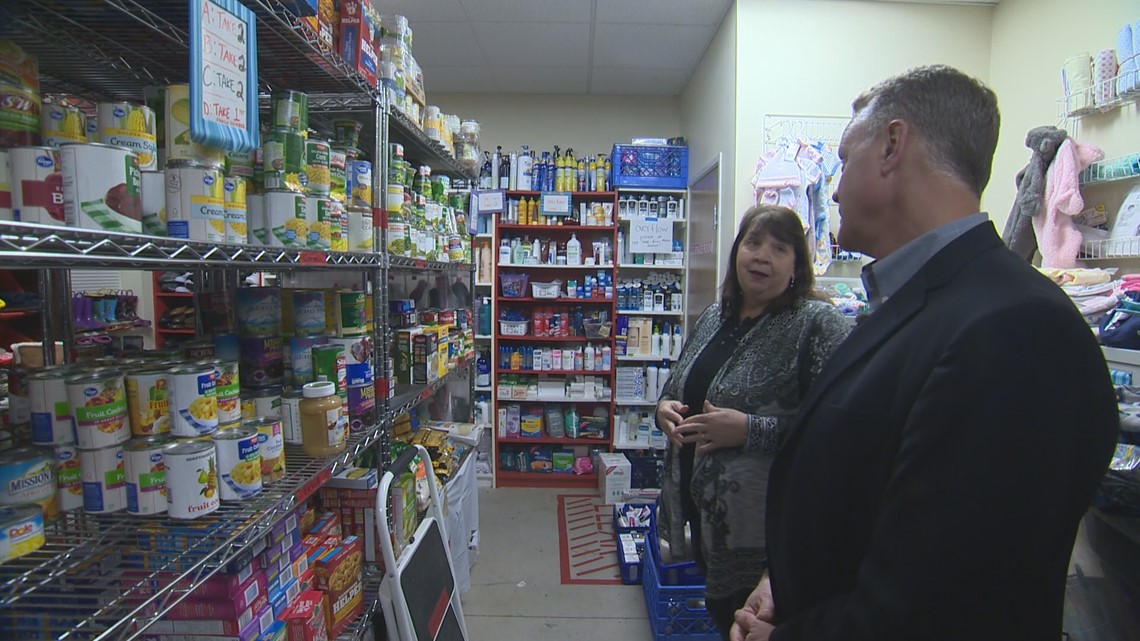
Promise of a better future
Moving from the chaos of the street into My Father’s House is a big deal for most.
Daryl Peek slept in a car with his 9-year-old son last summer, stunned at how far he’d fallen.
“How did I get here? Especially with my kid. I was thinking depression, anxiety – all the dangers of the streets and I just got to get out of this situation,” Peek said.
He found My Father’s House.
“I can’t really put into words the feeling that I felt when my son really figured out that we wouldn’t be sleeping in the car anymore,” Peek said.

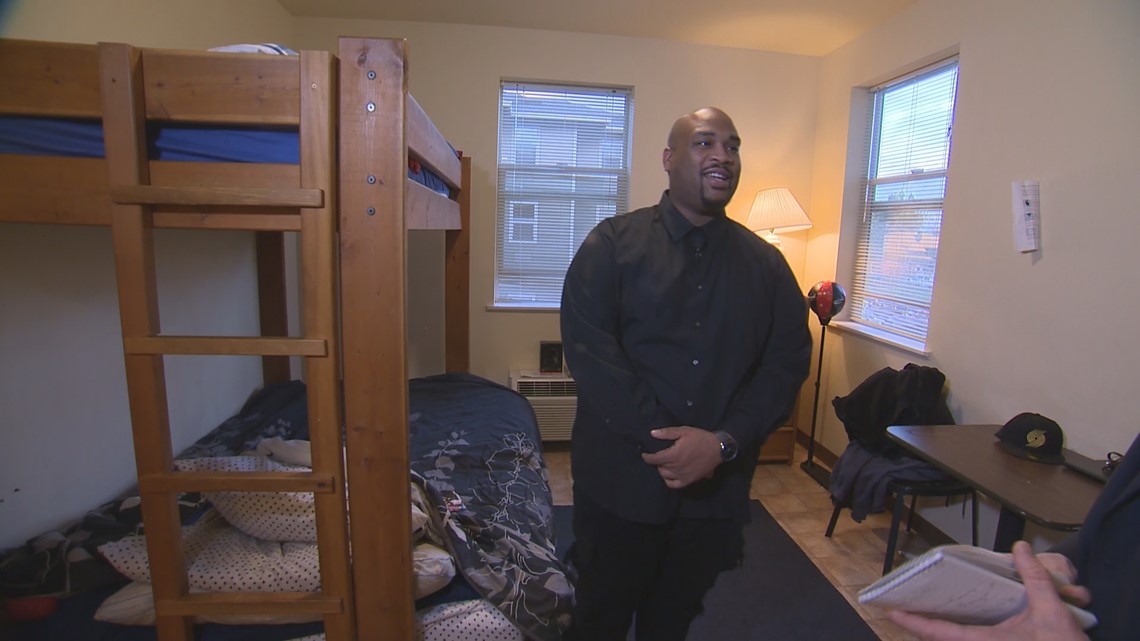
A punching bag stands in their room, a Christmas present from Santa who visited the shelter. With it, the promise of a better future.
Next to the punching bag stands Peek, a father who has a job and his dignity.
“I was a heavy marijuana user. I haven’t used marijuana in six months since being here. So I feel that’s something this place provides -- if you’re ready to just step in to that life you’ve been waiting for, they make it really easy for you,” Peek said.
It’s all thanks to a woman with a heart for serving others.
“For my life, and for the last 20 years, this is what God has called me to do,” said Wiese.
The woman who started out afraid of homeless people, now embraces them as people and family.

